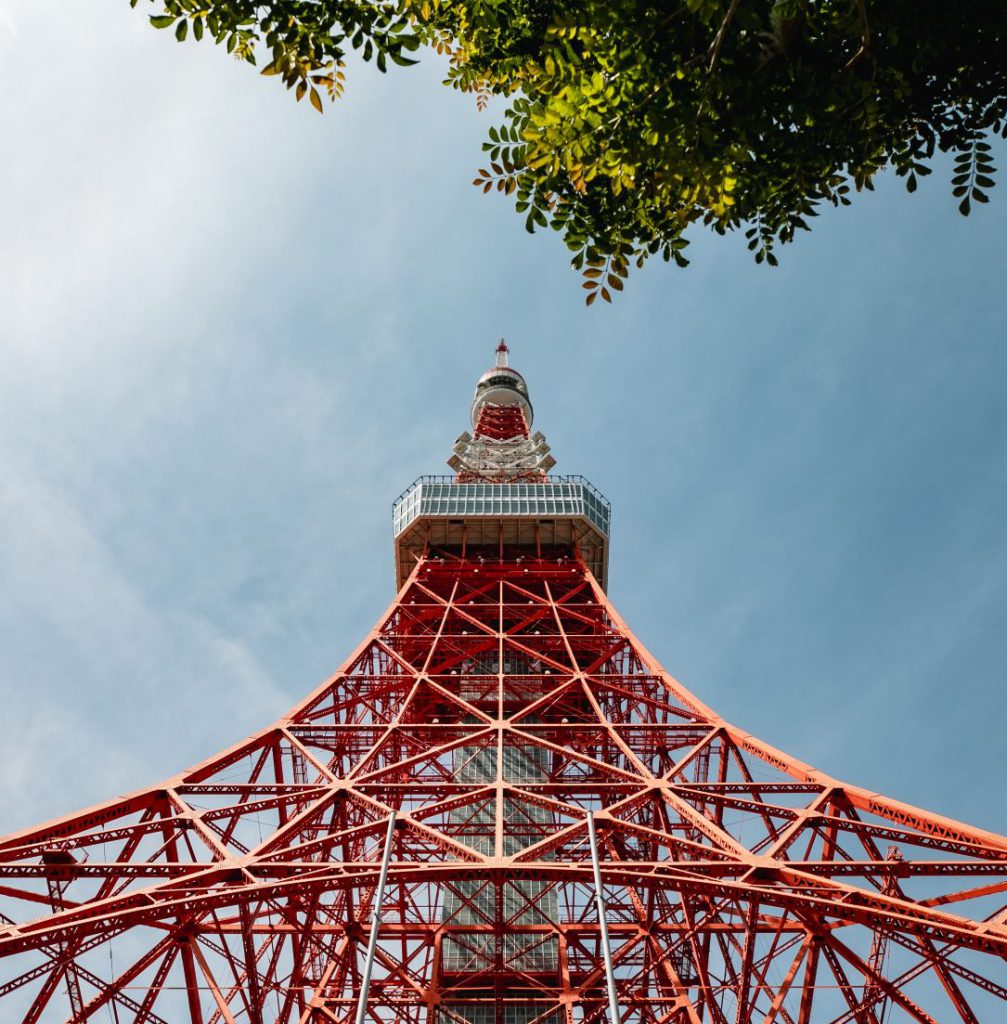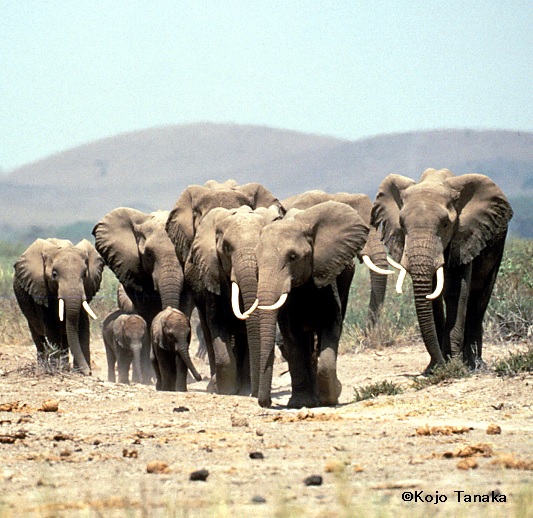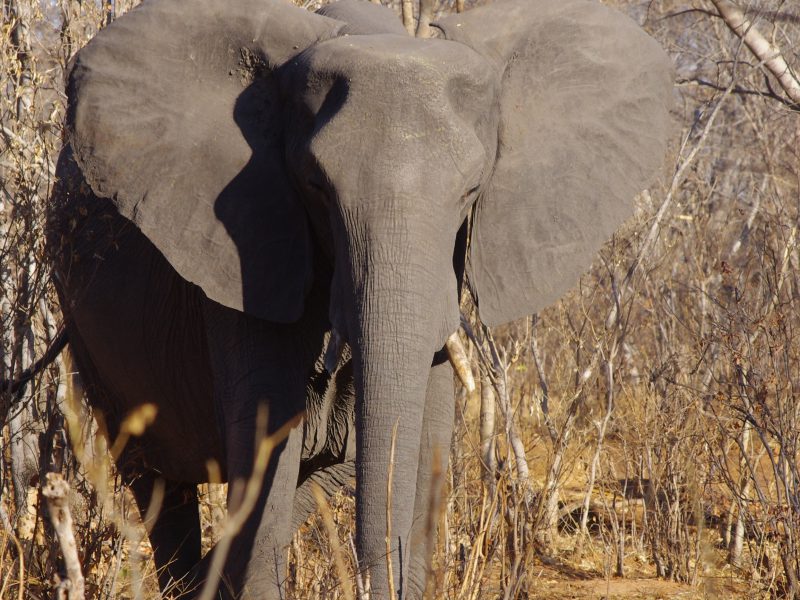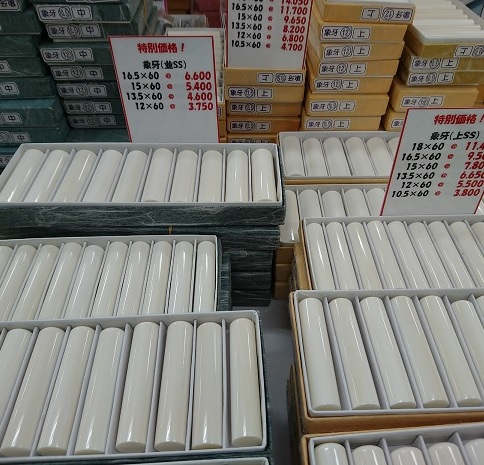
BLOG: Tokyo’s Ivory Paradox: Promoting Trade While Promising Reform
https://www.jtef.jp/en/wp-content/uploads/2024/08/tokyo-tower-1007x1024.jpg 1007 1024 Japan Tiger Elephant Organization Japan Tiger Elephant Organization https://www.jtef.jp/en/wp-content/uploads/2024/08/tokyo-tower-1007x1024.jpgBy Masayuki Sakamoto, Executive Director of the Japan Tiger and Elephant Fund and Amy Zets Croke, Senior Manager at the Environmental Investigation Agency
In Japan, Tokyo’s elephant ivory trade policy approach is in the middle of a paradox. On one hand, Governor Yuriko Koike’s administration has promised reform of domestic trade controls in ivory to prevent illegal export. On the other hand, Tokyo Metropolitan Government has been providing subsidies to increase demand for ivory and work towards pushing for international trade to be reopened. Where does Tokyo leadership really stand?
VIDEO: Tokyo’s Ivory Paradox: Promoting Trade While Promising Reform
In Africa, elephants continue to be poached for their tusks to supply the trade in their ivory – today, Japan is a global outlier as the last major legal ivory market in the world, and the majority of Japan’s market is in Tokyo. In recent years, Governor Koike, a former Minister of the Environment who considers herself an environmentalist, and her administration, have taken some initiative to address the city’s problematic ivory trade and identify how to eliminate its contribution to the illegal ivory trade. However, at the same time, the Tokyo Metropolitan Government has also been paying annual subsidies to Tokyo’s leading ivory industry association to support igniting the resumption of international ivory trade, increasing the domestic demand for ivory crafts and products, and facilitating the trade in ivory.
Governor Koike’s second term was defined by managing the COVID-19 pandemic and the 2020 Olympic and Paralympic Games. Before hosting the Olympics, Koike wanted to address international concerns about ivory trade in Tokyo, and the resulting potential for illegal export. She launched an assessment process on ivory trade regulation in January 2020 led by an Advisory Council, newly established by Koike, and released recommendations two years later, which included the suggestion that Tokyo consider legal measures to close the market with exemptions for some items with cultural or artistic value.
The Japan Tiger and Elephant Fund (JTEF) and the Environmental Investigation Agency (EIA US) have commended Koike’s leadership in addressing ivory trade in Japan and repeatedly urged her and the Tokyo Metropolitan Government (TMG) to implement recommendations with a particular focus on restricting domestic ivory trade, and thus the potential for illegal trade, by implementing an ordinance to close the market. Tokyo’s approach to ivory trade has been more progressive than the national government with Koike’s examination of the trade and commitment to implementing the recommendations from the Advisory Council’s report. However, while Koike has appealed to the national government to further restrict ivory trade, no meaningful action has been taken within Tokyo to address it, in spite of the specific recommendation from her designated Council. The real follow up to Koike’s ivory trade regulation assessment process, including the Advisory Council’s recommendations, has been disappointing to say the least.
Tokyo’s failure to follow through prompted us to consider if there were contributing factors or competing policies beyond Koike’s reach or within the vertical administrative structure of Tokyo. By revisiting an “old” ivory trade policy, we discovered that not only has Tokyo continued subsidies to ivory industry stakeholders for many years, but also has recently issued subsidies to support efforts to increase domestic demand for elephant ivory products and encourage the consideration of future international trade in ivory. These long-standing subsidies were initiated in the 1990s to support Tokyo’s ivory industry in the wake of the 1989 ban on international commercial ivory trade, after which international access to ivory as a raw material ended. Today, most domestic markets have been closed to bolster the international ban on ivory trade and protect elephants. Even the national government has ceased subsidies to the ivory industry which begs the question, why continue them in Tokyo?
On June 11th, we sent a letter and briefing to Governor Koike and her administration to highlight the subsidies and make some recommendations. From an international perspective, TMG’s subsidy support to increase demand for ivory crafts and products is noncompliant with a CITES resolution on elephant ivory trade, and efforts to explore and reignite international trade in ivory lack global situational awareness. With a Tokyo lens, TMG has spent taxpayer money on two contrasting and even contradictory civil services: one to bolster ivory trade, and another to reduce ivory demand and limit the extent of legal ivory trade, indicating a lack of transparency and open communication within the Tokyo government. We requested that TMG reply to our recommendations by June 28, 2024, before the gubernatorial election. JTEF’s Sakamoto received a prior call from a Tokyo government representative noting a delay, but confirming their intent to respond.
After Governor Koike’s victory in the election in Tokyo on July 7th, we encourage the TMG to continue addressing ivory trade policy reform. Tokyo’s policy inconsistencies regarding ivory suggest structural and/or communication problems within the Tokyo Metropolitan Government. In her third term, Koike must address these contradictions by eliminating the outdated subsidies and fully implementing the Advisory Council’s recommendations, particularly the consideration of an ordinance to close the ivory market in Tokyo, aligning Tokyo with global conservation efforts. We look forward to continuing to engage with Governor Koike and her administration.
Most of the global community recognizes that legal trade in ivory conflicts with the conservation of elephants threatened by poaching for their ivory. Tokyo has the opportunity to clarify its true stance and forge ahead with the international community in protecting elephants from the threats posed by ivory trade by eliminating subsidies for programs that promote ivory demand and push for international ivory trade. Tokyo can and must do better to stop Japan’s ivory trade.
- Posted In:
- Blog







Leave a Reply